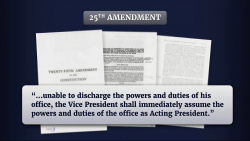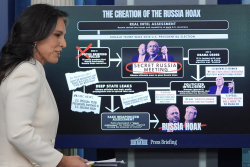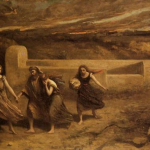It’s busker season in New York’s Central Park, as hordes of musicians scatter across the 843-acre green space to perform for no fee but invite donations to their open guitar cases, floppy hats, and Zelle and Venmo accounts.
Technically, “musicians need a permit to perform in Central Park,” according to the Parks Department, especially those looking to collect donations, which is virtually everyone. But enforcement is lax, which seems appropriate for genuine performers whose impromptu shows enhance the park’s living vibe.
Finally, a reason to check your email.
Sign up for our free newsletter today.
Many of the players have virtuosic skill, drawing crowds and wads of cash, selling CDs, and promoting their Instagram and YouTube channels. The sound of music moves as you do, from a lively jazz quartet near an East Side playground to a chamber cellist at the Bethesda Fountain, or the pale lutist in blue costume singing Elizabethan melodies near the Delacorte Theater. And of course, the endless Beatles disciples strumming cover tributes around the Imagine memorial mosaic at Strawberry Fields.
Then there’s Luis De la Cruz. Three or four mornings a week, in all weather, the 67-year-old alto saxophonist plants himself at the entrance to a short tunnel behind the Metropolitan Museum of Art, quietly playing solo chestnuts like “Shadow of Your Smile,” “La Vie en Rose,” “Strangers in the Night,” and “Fly Me to the Moon.”
He’s not the most gifted or energized instrumentalist—his languid renditions might be considered banal on another stage. No one would confuse him with Dexter Gordon or Sonny Rollins (who famously played his tenor sax in all weathers on the Williamsburg Bridge in the early 1960s); some passersby cover their ears from the tunnel’s heavy reverb. But those who listen, including children mesmerized in their strollers, hear an artist with a profound soul and spirit, performing less for the buck than to share his musical faith.
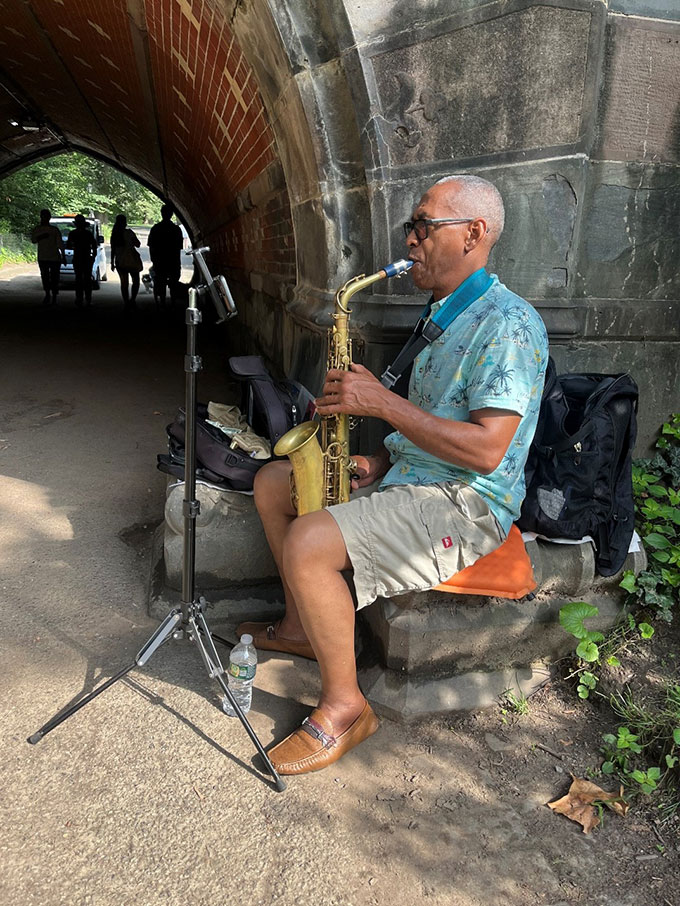
Like many of his fans, I first encountered Luis while walking my dog around the park’s glorious Great Lawn. “What, again with ‘Killing Me Softly?’” I thought, noting how often he repeated his song list, including “Autumn Leaves” and “Can’t Take My Eyes Off of You.” A few laps around and you’ve probably heard his whole repertoire. But soon I couldn’t get his playing out of my head, vanilla-plain but full of feeling, like Jobim or Sinatra. As Joni Mitchell once sang of a lone clarinetist at a stoplight, “he was playing real good for free.” I noticed how many people stopped to engage with Luis even without making a contribution. Dogs halted to howl in the tunnel, to Luis’s delight.
Turns out, Luis is an accomplished professional, having played reeds, flute, and guitar in popular merengue bands in his native Dominican Republic before moving to New York in 1989. For years, he supported weekend gigs and a young daughter with construction, printing, and odd jobs. For a time, he sold vitamins. No matter what, he played in his church.
A few years ago, his Bronx landlord forbade him from practicing in his one-room apartment, and the weddings and other paying jobs dried up. During the pandemic, a fellow horn player from the D.R. told him about Central Park. He’s been taking the Number 4 train down ever since, performing for up to four hours at his spot, great for acoustics and for shelter from rain. He’s usually gone before noon, meaning he misses out on better donations later in the day.
He’s given up nightclubs, being opposed to settings with drinking and smoking. Money is not his principal motivation. “Playing in the park goes with my spiritual life and brings me closer to God,” he explains through a translator, who also happens to be the pastor of his church in Queens.
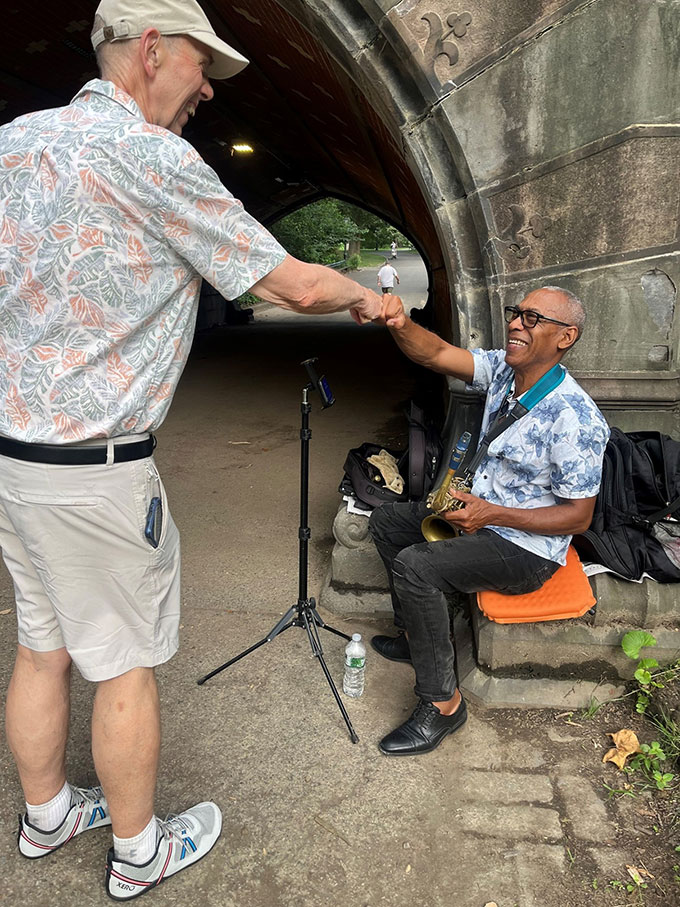
“People tell me, ‘I was sad today, you made me happy,’” Luis says. “It’s like therapy or being a pastor myself. Feeling the music brings peace to those in need.” Tourist groups regularly stop chattering when passing by, and he’ll lean into one of his go-to standards, bobbing his head and lifting his horn in gratitude. I saw someone drop a fifty into his sax case once; Luis felt guilty for not giving the person an encore. On the rare occasion that he breaks his repetitive play loop, it’s for a personalized rendition of “Happy Birthday.”
He credits his mother for showing him the higher power of music. “I’ll play here as long as God allows and people come by to be blessed with my songs,” he says. “He’s the one who controls it. That is why I never hear a negative word.”
One recent morning, before warm temperatures filled the lawn with kids, families, and more dogs, I watched a guy absorbed in his phone look up with a start to recognize that Luis was hitting the chorus to one of his favorite tunes. The man had no money to offer but extended a warm embrace when the command performance was over. Luis smiled and segued into his next number—“My Way.”
Photos: Courtesy of the author
City Journal is a publication of the Manhattan Institute for Policy Research (MI), a leading free-market think tank. Are you interested in supporting the magazine? As a 501(c)(3) nonprofit, donations in support of MI and City Journal are fully tax-deductible as provided by law (EIN #13-2912529).
Source link









